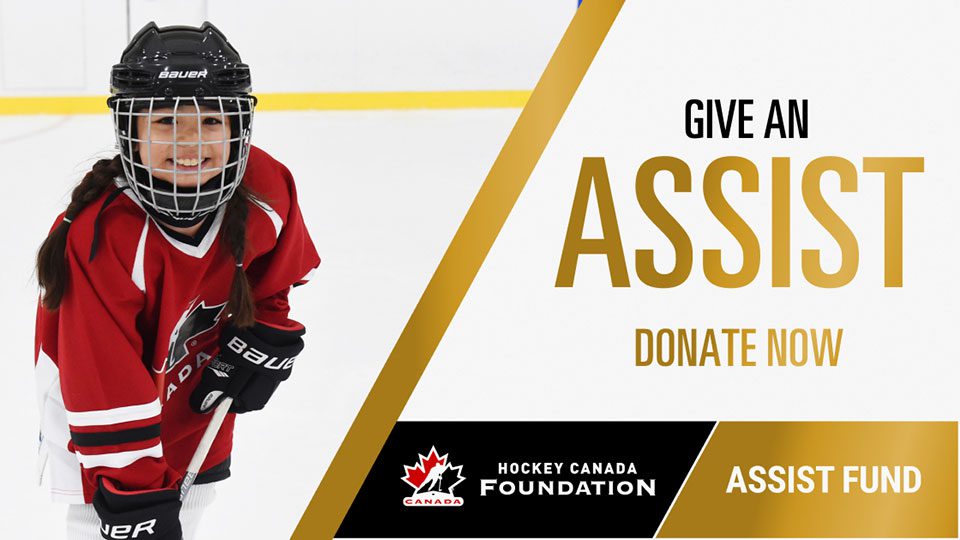As a veteran Canadian para hockey player, Dr. Peggy Assinck’s goal is to grow the sport internationally and ensure women have a chance to play the game she loves
Growing up, Dr. Peggy Assinck was very athletic. She was not yet identified
as being born with spina bifida—a congenital defect of the spine—so she was
entirely able-bodied and played a variety of sports.
That’s why when she experienced complications from her condition and became
paralyzed from the waist down at age 11, she felt like she lost a bit of
her identity.
“It was really difficult to be honest with you, because I think I really
self-identified as an athlete,” Assinck, 38, says. “My parents really
wanted to find a way to have me be involved in sport, despite the fact that
I was dealing with ongoing medical and paralysis-below-my-waist issues.”
A recreational therapist recommended she try one of the only adaptive
sports near Peterborough, Ont., at that time: para hockey. Assinck and her
family travelled 90 minutes away from home to try the sport for the first
time. Although it wasn’t necessarily love at first skate, she was thrilled
to meet other kids just like her.
“Because I grew up in such a remote community, I’d never met anyone else in
a wheelchair or anyone else using adaptive equipment,” she says. “That was
pretty cool just to meet other disabled kids.”
With time, her passion for para hockey grew and flourished. Now one of the
veterans with Canada’s national women’s para hockey team, Assinck’s goal is
to ensure other women and girls around the world have an opportunity to try
the sport she has dedicated her life to.
Ensuring positive experiences for women
One thing Assinck emphasizes is ensuring positive experiences for women
when they try para hockey for the first time. As the women’s team holds its
selection camp in Yellowknife, N.W.T., from April 25-30, a grant from the
Hockey Canada Foundation will assist with providing try-it opportunities
and grassroots sessions in the community.
“I want to make sure that more kids and more people who sustained new
injuries are getting a good first-contact experience,” Assinck says. “I
think the Hockey Canada Foundation grant really helps for the women’s para
hockey team to do that in remote communities [and] to help support
female-specific programming.”
We believe as a Foundation that girls grow when they play hockey and
hockey grows when girls play,” says Alexandra Wise of…
Click Here to Read the Full Original Article at News…

